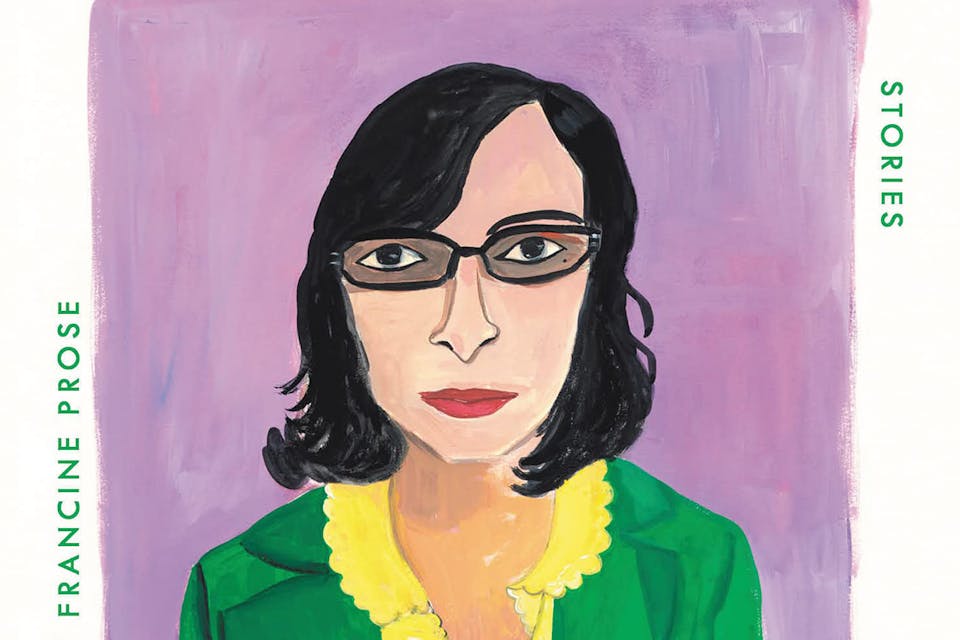
April 27, 2022
Johanna Kaplan’s Serious American Jewish Comedy
The characters in her new story collection are fully formed creatures of that transitional 20th-century moment between European Jewish survivors and American forgetters.
In an issue of Commentary magazine in 1969 I discovered a story by Johanna Kaplan that seemed to come straight out of my own past. A girl named Miriam plays a partisan of the Warsaw Ghetto in her summer camp’s Yiddish dramatic production for Parents’ Day. Having spent fourteen years at similar Jewish summer camps, sometimes also starring in such plays, I found several points of comparison, and I even knew the words to the song Miriam sings that brings down the curtain: “exhausted from this small victory, for our new, free generation.” But great fiction has it all over personal experience, for though I was not at all like Kaplan’s heroine, her summer at camp has remained more vivid to me than any of mine. Literature put life into sharper perspective.
I was thrilled to rediscover this story, “Sour or Suntanned, It Makes No Difference,” in Johanna Kaplan’s new story collection, Loss of Memory is Only Temporary. Kaplan’s every work distills whole swaths of experience. Had Miriam in her story been slightly older, she might have known that the concluding song was actually written by Hirsh Glik for the Vilna partisans, not those of Warsaw, but she might have let it pass because literature must allow itself the dramatic connections that historians are obliged to correct. The story’s heroine notices more than she is expected to, which doesn’t please the grown-ups and doesn’t make her the perfect camper. Like their author, Kaplan’s protagonists excel in observation that is often too close for comfort. However, we readers may savor precisely the insights that discomfit the people in the stories.
Johanna Kaplan was born in New York City in 1942, and educated mostly locally at the High School of Music and Art, New York University, and Columbia University Teachers College. Her degree in special education led to a lifetime career as teacher of emotionally disturbed children in New York public schools—consuming work that was not easy to combine with an equally consuming literary life. Kaplan was fortunate to be part of an astonishing array of contemporary women writers, a dozen of whom Cynthia Ozick lists by their first names in the dedication of her novel The Puttermesser Papers, suggesting how much creative energy was generated in that literary circle. “Johanna” in that list had the good fortune to begin writing at that high point of Jewish participation in American literature, but being a fully-employed self-sustaining woman in such a cooperative-competitive environment may not always have worked to the benefit of someone with her exacting literary standards. She wrote much more than has yet gotten into print, and she has more literary awards than publications.